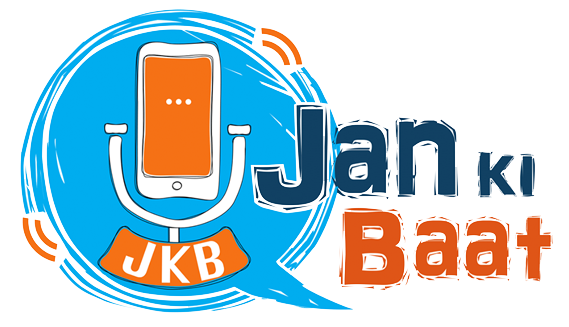Meenakshi Lekhi, the BJP MLA of Lok Sabha, tries to encapsulate some of the concerns attached with the transition from a cash-based economy to a cashless one, suggesting a few easy solution to tread securely towards a digital India. Spreading awareness about the possible dangers of cashlessness, she urged the people to be more responsible while typing in their passwords and more aware of their surroundings. The Apps Privacy Guidelines should be read carefully so that the phones directory, location and other relevant data isnt part of the download. Features should be chosen according to personal requirements. Moreover, any unauthorized access to such private details is treated as both a civil and a criminal case. Details like the PIN, the password should be withheld from unknown parties. Locking ones phone, too, is a smart choice in case ones phone gets stolen or is lost, in which case, the police and the bank is to be immediately reported.
Demonetization has triggered the growth, unprecedented, of online payment modes and wallets. This spurt can be found in the data collected since the 8th of Novemeber, 2016, the night that the PM announced notebandi. PayTM is believed to have an increased traffic of 435% within two days, with a 400% growth in transaction value of offline payments. Razorpay, another such platform, saw a 150% growth in the morning after the 8th, which has reached 200% by that afternoon. MobiKwik, too, witnessed its online traffic increased 15 times the usual.
Online transference of money seems to be one of the ways to erase the black-money problem. Although online payment modes arent bulletproof or free of cyber security crimes, they do aim to make the money more accountable.
